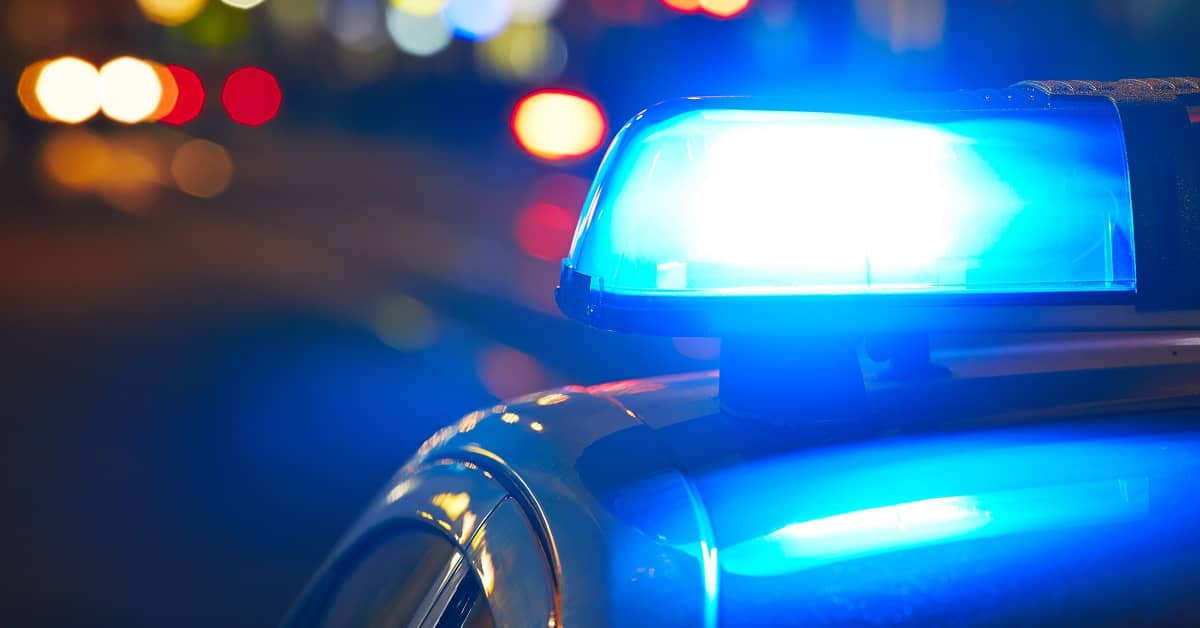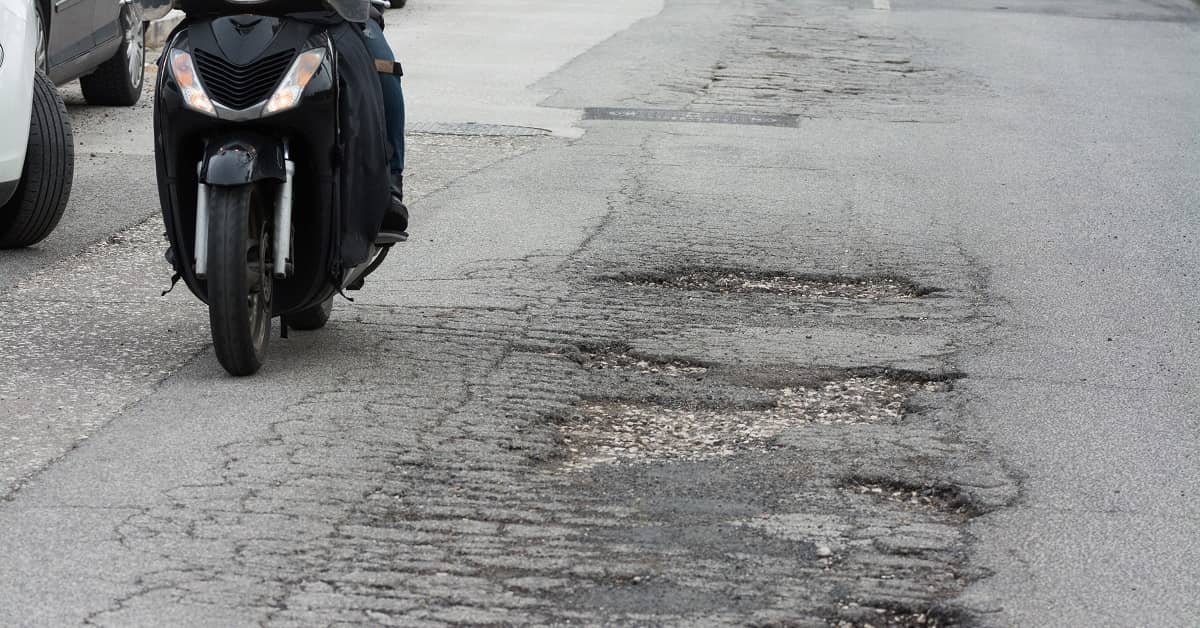
Do I Need to Call the Police After a Car Accident?
Calling 911 is an important step after any vehicle accident where injuries occur. Although any driver would not hesitate to call for fire and rescue if someone was hurt in the crash, many accident victims are unsure whether the police should respond as well.
By law, some accidents must be reported to the police. Even if an accident report is not required, however, it may be in your best interest to call the police after a car crash.
If you have been injured in a wreck, the car accident lawyers at Maggiano, DiGirolamo & Lizzi can review your case and advise you how to protect your rights. Contact us today for a free consultation.
When Must a Car Accident Be Reported to the Police?
New Jersey law requires drivers to notify the local, county, or state police as soon as possible of any accident that involves the following:
- Personal injury
- Death
- Property damage greater than $500
If you were in a crash involving one or more of these factors, you are also required to file an accident report in writing with the New Jersey Motor Vehicle Commission. This report must be made within 10 days of the accident. Among other details, the Motor Vehicle Accident Report (SR-1) will ask if the police investigated the accident and the name of the investigating agency.
Penalties for failure to abide by these accident reporting requirements include a fine ranging anywhere from $30 and $100, as well as revocation or suspension of driver license and vehicle registration.
When Should I Report a Car Accident to the Police?
Some car accidents result in catastrophic injuries that require immediate medical attention. In other cases, however, it may be unclear if you were hurt in the collision. You may feel shaken or confused after any accident, but the pain from physical injuries may not be immediately apparent.
With this in mind, it is in your best interest to do the following:
First, seek medical attention as soon as possible. If paramedics treat and release you at the scene, you should still see a doctor or go to the emergency room for a thorough evaluation of your injuries.
Second, report the accident to the police as soon as possible. Ideally an officer will arrive and begin investigating the accident while you are still on the scene. By providing a statement to the officer, you will (a) satisfy any requirement you may have to notify the police and (b) have a record of the accident. Ask the officer for his or her name, badge number, and where or she is stationed so you can later get a copy of the police report.
The exact contents of a police accident report can vary. Generally, though, the report may include a variety of important details such as:
- The parties or parties involved in the accident, including their contact and insurance information
- Where and when the accident took place
- Damage to the vehicles
- Statements and contact information for any witnesses to the accident
- Conditions at the time of the crash
- A diagram of the accident, including the orientation of the vehicles, nearby landmarks, etc.
- A preliminary determination of fault
If you were seriously injured in a car accident and the other driver was at fault, the police report can be valuable for building your case. An attorney can assist you with getting a copy of the report, reviewing it for accuracy, and determining how the information may be beneficial for your claim.
Calling the Police After an Accident – Better Safe Than Sorry
Talking to the police is always daunting. However, notifying law enforcement after a crash is generally the best course of action even if the accident seems minor or you don’t appear to be injured.
In addition to abiding by the state accident reporting requirements, some of the reasons to call the police after a car accident include:
- Accurate information: For a variety of reasons, it is important to exchange information with the other driver after an accident. Unfortunately, you may not get the chance to do so if you and/or the other driver is seriously injured. A police report of the accident can capture many of the crucial details that you could not, including contact and insurance information for the other driver, witness testimony, and more.
- Disputing fault: Whether you file a fault-based claim against the other driver or you face accusations of fault for an accident resulting in serious injury, the police accident report can support your claim that the other driver was at fault and/or help you contest claims that you are liable.
- Third-party verification: Police accident reports are generally not admissible in court. Although you typically can’t introduce them as evidence at trial, the information in the report can be helpful for establishing the basic facts of the accident. Your lawyer can use the police report as an investigative tool to gather evidence and develop a strategy for your case.
An experienced attorney can guide you through the process of reporting a car accident properly and obtaining a copy of the report. Your lawyer can also advise you of your options for recovering compensation for your injuries and filing a claim against the at-fault driver.
Contact a Car Accident Lawyer Today
Notifying the police and reporting the accident to the proper authorities are both crucial steps after any crash involving injury or death. It is just as important to know your legal rights and take steps to protect them if you have been seriously injured or lost a loved one due to the actions of a careless driver.
Maggiano, DiGirolamo & Lizzi has decades of experience helping accident victims navigate their rights and pursue compensation for injuries sustained in car accidents. We recognize the challenges you face after an accident, and we are committed to serving you faithfully through all stages of your claim.
Please contact Maggiano, DiGirolamo & Lizzi by calling (201) 585-9111 today for a free consultation. Our car accident lawyers serve clients in Fort Lee and other areas of New Jersey, as well as New York.

















